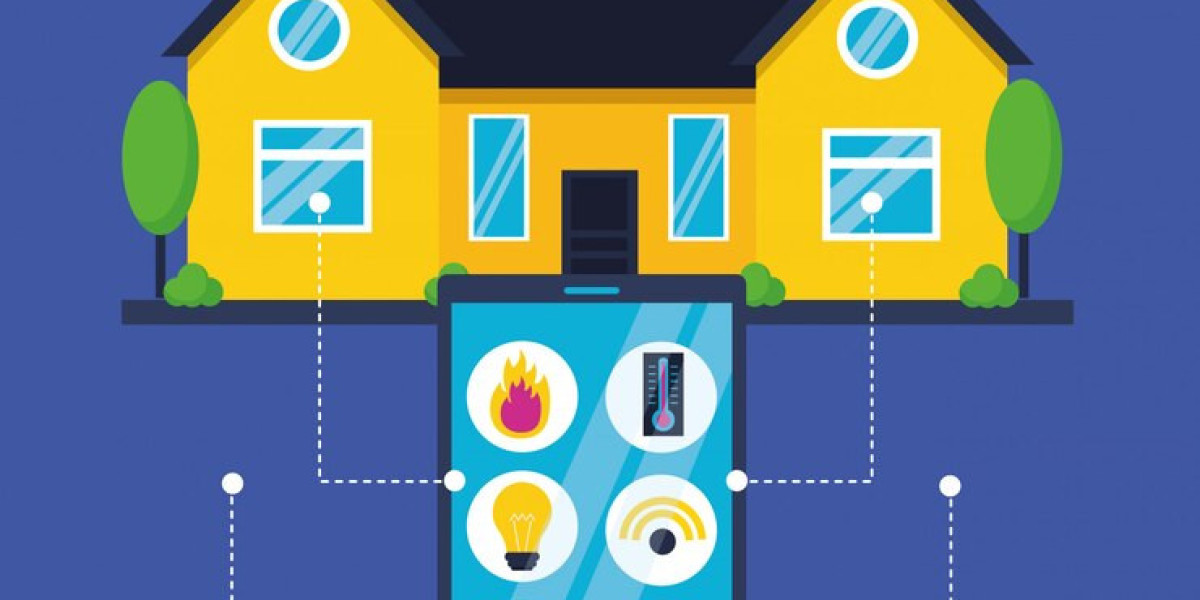In the intricate world of litigation, where outcomes can depend heavily on facts, interpretation, and credibility, Expert witness services play a pivotal role. These professionals provide specialized knowledge, credibility, and insight that can influence the decisions made in courtrooms. Whether it's a civil, criminal, or administrative case, expert witnesses bring objectivity and clarity to technical or specialized matters, assisting the court in understanding the complexities of a case.
Understanding Expert Witness Services
Expert witness services refer to the professional input given by an individual qualified by knowledge, skill, experience, training, or education to provide opinions on matters that require specialized understanding. These services are often retained by attorneys, law firms, corporations, or government bodies to offer expert analysis, testimony, and guidance in legal proceedings.
Expert witnesses are different from fact witnesses. A fact witness testifies about events or observations they directly experienced, while an expert witness offers opinions based on their professional expertise and analysis of the case evidence. Courts rely on these expert opinions to explain complicated technical or scientific details that laypersons, including judges and juries, might find difficult to grasp.
The Role of an Expert Witness in Legal Proceedings
Expert witnesses perform several critical functions in legal cases. First and foremost, they analyze case materials such as reports, medical records, financial data, or technical blueprints to draw professional conclusions. Their findings help legal teams build or refute arguments, validate claims, or expose inaccuracies in opposing testimony.
They are also responsible for preparing detailed expert reports that summarize their analysis and opinions. These reports often become critical components of the case, guiding legal strategies and sometimes encouraging settlements before trial. If the case proceeds to court, expert witnesses provide oral testimony, answering questions from attorneys and undergoing cross-examination by opposing counsel.
Moreover, their presence often strengthens a party’s legal stance. A qualified and credible expert can bolster a case significantly, increasing the chances of a favorable outcome.
Types of Cases That Require Expert Witnesses
Expert witness services are not limited to one area of law. They span across various legal domains, including:
Medical Malpractice
Medical experts are called upon to determine whether a healthcare provider met the accepted standard of care. Their testimony can be crucial in proving negligence or defending against such claims.
Construction and Engineering
Construction defect cases or disputes involving structural failures often require civil or structural engineering experts who can identify code violations, design flaws, or substandard workmanship.
Financial and Economic Litigation
Accountants, forensic economists, and financial analysts are frequently engaged in cases involving business disputes, fraud, or economic damages. They provide insights into financial records, evaluate loss of earnings, or uncover hidden assets.
Intellectual Property
Experts in technology, software, or specific scientific fields may offer insights into patent infringement cases, helping the court determine whether intellectual property has been unlawfully used or duplicated.
Criminal Defense and Prosecution
In criminal cases, forensic experts, psychologists, and ballistics professionals help analyze evidence, establish timelines, or interpret DNA results, playing a crucial role in both prosecution and defense.
Qualities of a Reliable Expert Witness
The credibility and effectiveness of expert witness services largely depend on the qualifications and demeanor of the expert. A reliable expert must possess deep knowledge of their subject area, demonstrated through education, certifications, and professional experience. Courts often assess these qualifications before allowing an expert to testify.
Equally important is the ability to communicate complex concepts in a way that is clear and accessible to non-experts. The best expert witnesses can distill technical jargon into everyday language that judges and juries can understand and trust.
Impartiality is another cornerstone of effective expert witness testimony. While hired by one side, experts are expected to provide objective, unbiased opinions. Any hint of advocacy or bias can diminish the value of their testimony and potentially harm the case they are supporting.
How Attorneys Work With Expert Witnesses
Lawyers typically begin collaborating with expert witnesses early in the litigation process. This early involvement allows experts to review the available information, suggest further evidence collection, and help shape the legal arguments around factual analysis. In many cases, expert input is critical during depositions and pretrial motions, where their reports may influence whether a case proceeds to trial or is settled.
Attorneys prepare expert witnesses for courtroom testimony, ensuring they are comfortable with the legal process and potential lines of questioning. Mock trials and cross-examinations may be conducted to prepare the expert for real court scenarios.
A strong partnership between attorney and expert witness can greatly impact the legal strategy, reinforcing the credibility of the claims presented in court.
The Process of Engaging Expert Witness Services
Finding the right expert witness involves more than scanning a resume. Attorneys typically look for individuals with extensive experience in similar cases, who have a proven track record of testifying and withstanding cross-examination. Legal teams may seek expert witnesses through professional networks, expert witness directories, or consulting firms specializing in expert services.
After engagement, the expert is expected to sign a retainer agreement outlining their fees, availability, and scope of work. They begin by thoroughly reviewing the case file, conducting necessary research, and drafting an expert report if required. As the case evolves, the expert may attend depositions, respond to opposing expert opinions, and eventually testify in court.
The Growing Demand for Expert Witness Services
As litigation becomes increasingly specialized and data-driven, the demand for expert witnesses continues to grow. Legal teams are recognizing the importance of expert insights in interpreting evolving technologies, complex business arrangements, or scientific evidence. In particular, fields such as cybersecurity, artificial intelligence, and environmental science are witnessing rising needs for expert testimony.
Moreover, with the globalization of commerce and industry, cross-border disputes now often involve experts familiar with international standards, regulations, or economic conditions, further broadening the scope and relevance of expert witness services.
Conclusion:
A Vital Resource for Legal Success
Expert witness services have become indispensable in today’s legal landscape. From clarifying complex technical details to influencing the outcome of a trial, expert witnesses bring unmatched value to litigation. Their expertise not only helps judges and juries make informed decisions but also empowers attorneys to build stronger, more compelling cases.
Whether in medical malpractice, intellectual property, finance, or criminal law, the right expert witness can mean the difference between winning and losing a case. As the legal world grows more complex, the role of expert witnesses will only become more critical, solidifying their position as a cornerstone of modern legal strategy.







